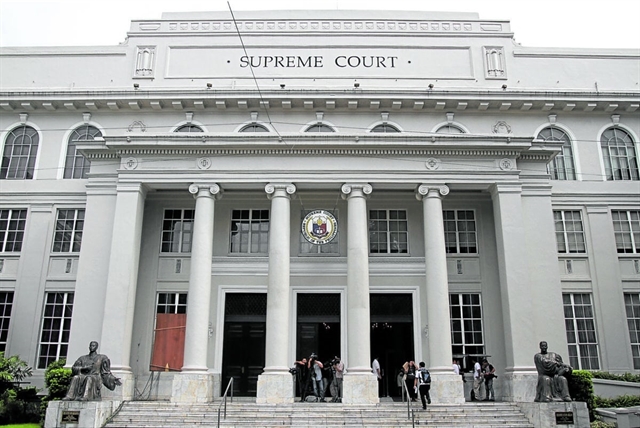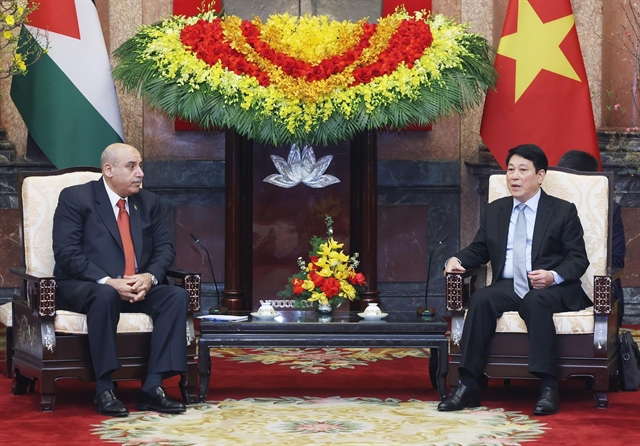 World
World

Britain's government survived the first parliamentary challenges to its Brexit bill on Tuesday evening, as MPs began voting on various amendments tabled on the landmark legislation.
LONDON — Britain’s government survived the first parliamentary challenges to its Brexit bill on Tuesday evening, as MPs began voting on various amendments tabled on the landmark legislation.
Prime Minister Theresa May’s minority government defeated an amendment backed by Welsh and Scottish lawmakers that would have given Britain’s devolved legislatures a veto over any final withdrawal agreement.
It won the vote, the first of many expected in the coming days and weeks as lawmakers debate some of the hundreds of amendments put forward, by a comfortable majority.
MPs also voted to keep the opening clause of the kaw, repealing the 1972 European Communities Act that took Britain into the bloc.
But May’s government, rocked by a string of scandals that forced out two ministers this month and divided by Brexit, faces potential defeats on other amendments ahead.
Earlier, lawmakers had their first chance to scrutinise the EU Withdrawal Bill, which would formally legislate for the end Britain’s membership and transpose four decades of European Union legislation into UK law.
They fired the opening salvos in what is expected to be a fraught parliamentary battle, with a heated debate on the date Britain leaves the EU -- and whether to use London or Brussels time.
Legal certainty
MPs debated one of the government’s own motions -- to enshrine in law the moment Britain leaves the EU as March 29, 2019 at 2300 GMT, 11:00pm in London and midnight in Brussels -- but were not voting on the matter on Tuesday.
In a bizarre twist, opposition Labour MP Frank Field proposed his own rival amendment to set the departure point one hour later at the start of March 30, 2019, but later withdraw it amid a lack of support.
Meanwhile a number of May’s own Conservative MPs oppose putting any date on the bill, saying it risks binding the government’s hands in negotiations with the EU.
Britain triggered the two-year Article 50 process of leaving the EU on March 29 this year, but this can be extended if all 28 EU member states including Britain agree.
Former finance minister Ken Clarke, a committed pro-European, said it would be "utterly foolish" not to leave this option open, however unlikely many commentators view it.
The bill -- also known as the Repeal Bill -- is intended to ensure legal certainty and avoid a damaging "cliff-edge" when Britain leaves the bloc.
But critics warn it represents a power-grab by allowing ministers to amend EU laws as they are transferred, while others see it as a chance to shape May’s Brexit policy.
MPs also debated a Labour amendment on Tuesday -- one of almost 200 pages tabled -- to extend the jurisdiction of the European Court of Justice into a post-Brexit transition period.
The government said it wants an implementation period of around two years after Brexit -- but insists Britain will be fully out of the EU by then. — AFP




